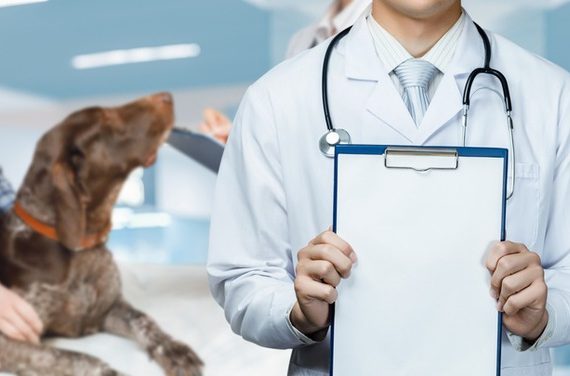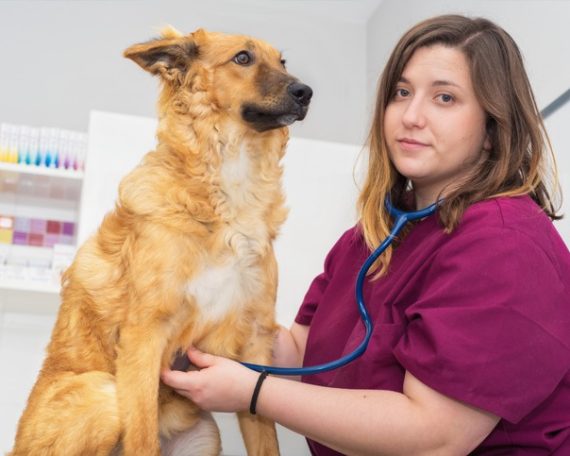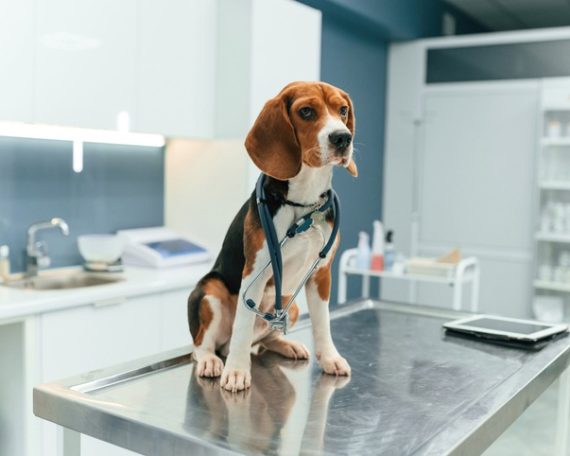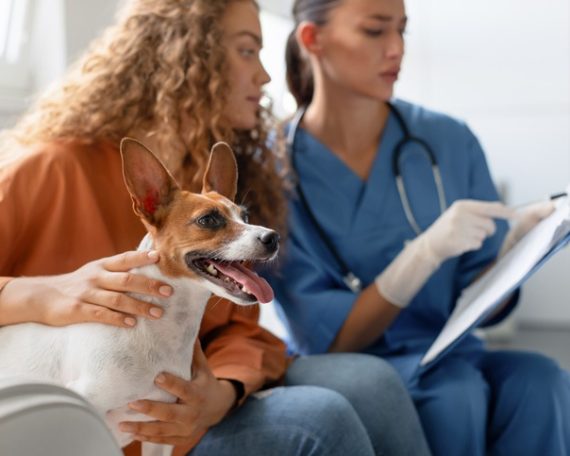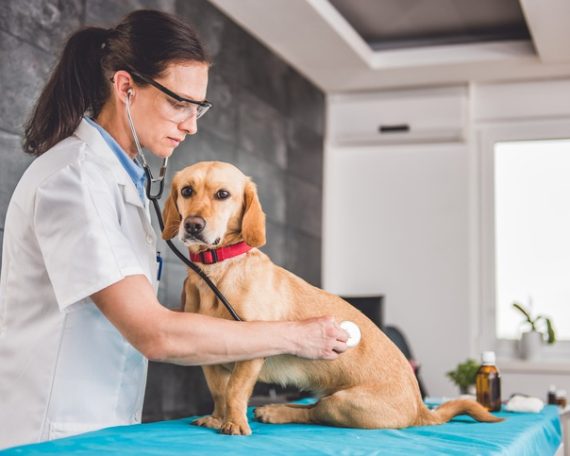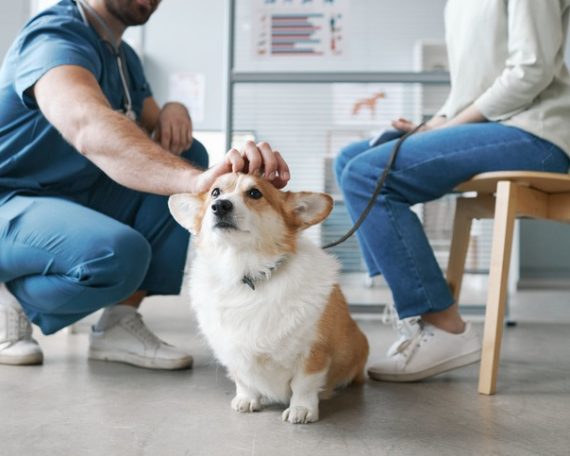How to Choose a Specialist for Your Specific Dental Needs
Finding the right dental specialist for your needs can feel overwhelming, especially with many available options. Whether you’re looking for a family dentist or someone with expertise in orthodontics, it’s essential to choose a professional who is not only experienced but also suits your personal preferences and requirements. This article will help guide you through the steps of finding the right dental specialist for your needs.
How Do You Choose the Right Specialist for Your Dental Needs?
Choosing the right dental specialist for your unique needs can be challenging. Whether you’re looking for routine care or more specialized treatment, finding someone who understands your concerns and offers the right expertise is crucial. With so many options available, knowing what to look for when selecting a specialist is essential. In this article, we’ll walk through the key steps to help you make an informed decision that suits your dental health and personal preferences.
Identify Your Dental Needs
The first step is identifying exactly what kind of dental care you need. Are you looking for routine checkups, or do you have more specific concerns, such as tooth alignment, gum disease, or cosmetic work? For general dental health, you should find a dentist for your family in San Francisco who can address a wide range of issues, from regular cleanings to fillings. If you need specialized treatment, such as braces or root canal therapy, you’ll need to look for a dentist with specific expertise.
Research Different Types of Dental Specialists
There are various dental specialists, each focusing on different areas of dental health. Here’s a quick look at the most common types:
-
General Dentists: These are the ones most regularly seen for cleanings, exams, and general care like fillings or crowns. They handle many dental issues and can refer you to specialists when needed.
-
Orthodontists: If you need help aligning your teeth, an orthodontist specializes in braces, retainers, and other treatments that straighten teeth.
-
Periodontists: These specialists focus on treating gum disease and other conditions that affect the supporting structures of the teeth.
-
Endodontists: If you need a root canal, an endodontist is your go-to specialist. They handle problems related to the inside of the tooth.
-
Oral Surgeons: An oral surgeon has the necessary expertise for more complex procedures, such as wisdom tooth extractions or jaw surgery.
Knowing the correct type of specialist for your needs will help narrow your search.
Ask for Recommendations
One of the best ways to find a trusted dental specialist is through recommendations. Ask friends, family, or coworkers for suggestions, especially if they’ve had a positive experience with a specific dentist or specialist. Your general dentist can also be a good source of referrals. They often work closely with other specialists and can guide you to someone reliable.
Look for Qualifications and Experience
When choosing a specialist, make sure they have the appropriate qualifications. Check their education, training, and years of experience. Specialists often undergo additional schooling and certifications in their area of expertise, so verifying their credentials is a good idea.
It’s also worth considering how long they’ve been practicing. More experienced professionals tend to have handled a more comprehensive range of cases, which can be beneficial when dealing with a more complex issue.
Read Reviews and Testimonials
In today’s digital age, online reviews can offer valuable insights into a dentist’s practice. Look for reviews on Google, Yelp, or the dental office’s website. Pay attention to positive and negative feedback to get a balanced view of the specialist’s service.
Patient testimonials can tell you about the quality of care, the dentist’s communication style, and the overall experience at the clinic. Look for common themes in reviews to see if this specialist might be the right fit for you.
Considerations When Choosing a Dental Specialist
Beyond finding the correct type of specialist, there are a few other factors to consider before choosing.
Check Their Office Location and Hours
Convenience plays a significant role in choosing the right specialist. You’ll want to find someone whose office is conveniently located near your home or workplace. Also, check their office hours to see if they offer appointments that fit your schedule. This is particularly important if you have a busy work or family life and need flexible options for booking appointments.
Verify Insurance and Payment Options
Dental work can be expensive, so finding a specialist who accepts your insurance is essential. Call or check the dentist’s website to verify their work with your insurance provider. If you don’t have insurance or need a procedure that’s not fully covered, ask about payment plans or financing options.
For example, if you’re looking for a dental practice in San Francisco, CA, you might want to ensure that the practice offers a variety of payment solutions, especially if you need ongoing treatments like orthodontics or periodontal care.
Schedule a Consultation
Before committing to a specialist, consider scheduling an initial consultation. This visit will give you a feel for the office environment, the staff, and the dentist’s approach to care. Feeling comfortable with your chosen specialist is essential, especially if the treatment requires multiple visits or long-term care.
During your consultation, ask questions like:
-
What are your treatment options for my specific issue?
-
How long will the treatment take, and what is the recovery process like?
-
Are there alternative treatments available?
-
How many similar cases have you handled?
The answers to these questions can help determine if the specialist’s approach aligns with your expectations.
Assess Communication Style
Good communication between you and your dental specialist is vital to a positive experience. You want a dentist who listens to your concerns, answers your questions clearly, and makes you feel comfortable about your treatment options. If you feel rushed or unheard during your consultation, that might be a sign to keep looking.
Trust Your Instincts
Ultimately, you should trust your instincts when choosing a dental specialist. If something doesn’t feel right or you’re unsure about the dentist’s recommendations, it’s okay to seek a second opinion. Your comfort and confidence in your specialist are essential for a positive treatment experience.
Final Thoughts
Finding the right dental specialist for your needs doesn’t have to be stressful. Start by identifying your dental needs, researching different types of specialists, and considering factors like experience, qualifications, and reviews. Don’t forget to check for convenience, insurance coverage, and payment options. Choosing the right specialist ensures you receive the best care possible for your dental health.


